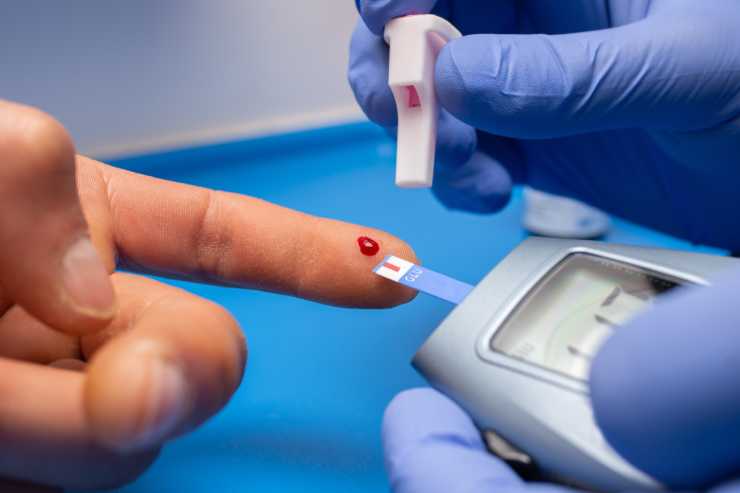Diabetes Mellitus

Diabetes Mellitus is a chronic metabolic disorder characterized by persistently high blood sugar (glucose) levels due to defects in insulin production, insulin action, or both. Effective management is crucial to prevent long-term complications and ensure a good quality of life.
Types of Diabetes Mellitus
Type 1 Diabetes
- Overview: An autoimmune condition where the immune system mistakenly attacks and destroys the insulin-producing beta cells in the pancreas. This results in little to no insulin production.
- Symptoms: Frequent urination, excessive thirst, extreme fatigue, weight loss, and blurred vision.
- Management: Requires lifelong insulin therapy through injections or an insulin pump. Monitoring blood glucose levels frequently is essential. Management also includes a balanced diet and regular exercise.
Type 2 Diabetes
- Overview: This form of diabetes occurs when the body becomes resistant to insulin or the pancreas fails to produce enough insulin. It is often associated with obesity, physical inactivity, and genetic factors.
- Symptoms: Symptoms may be subtle or absent in the early stages. When present, they include increased thirst, frequent urination, extreme fatigue, and blurred vision.
- Management: Often managed through lifestyle changes such as diet and exercise. Medications or insulin therapy may be required if blood glucose levels are not adequately controlled. Regular monitoring and management of blood sugar levels, along with a healthy lifestyle, are critical.
Complications of Diabetes Mellitus
Both Type 1 and Type 2 Diabetes can lead to various complications if not well managed, including:
- Cardiovascular Disease: Increased risk of heart disease, stroke, and high blood pressure.
- Neuropathy: Nerve damage leading to pain, tingling, or numbness, especially in the extremities.
- Retinopathy: Damage to the blood vessels of the retina, potentially leading to vision loss.
- Nephropathy: Kidney damage that can lead to kidney failure.
- Foot Problems: Increased risk of infections and ulcers due to poor circulation and nerve damage.
- Skin Conditions: Higher risk of skin infections and disorders.
Management and Prevention
Lifestyle Changes: A balanced diet rich in fiber, low in refined sugars and saturated fats, combined with regular physical activity, helps in managing blood sugar levels and maintaining a healthy weight.
Medication: Depending on the type and severity of diabetes, medication may be prescribed to help control blood sugar levels. This can include oral medications or insulin injections.
Monitoring: Regular blood glucose monitoring is essential for both types of diabetes to track and manage blood sugar levels effectively.
Education: Diabetes education and self-management skills are crucial for making informed decisions about diet, medication, and lifestyle choices.
Regular Check-Ups: Routine medical check-ups are important to monitor and address any complications early.
